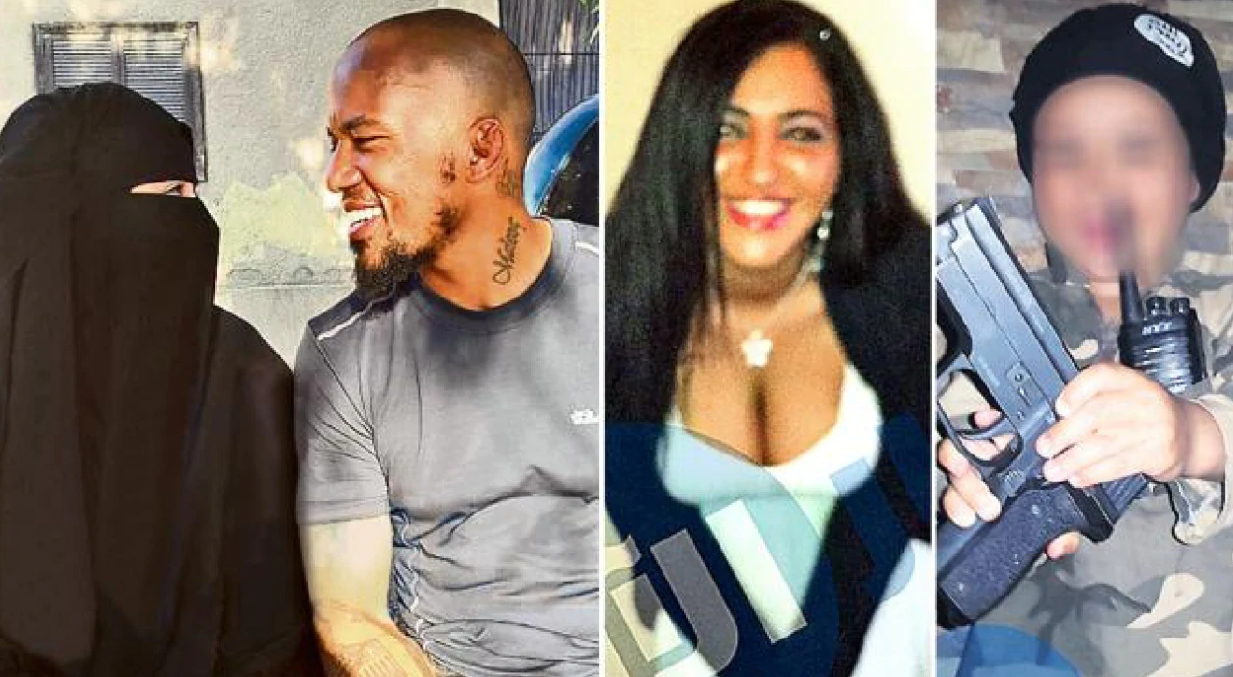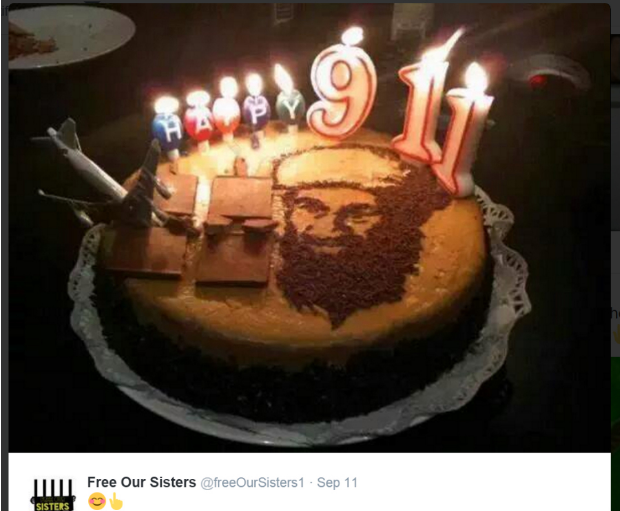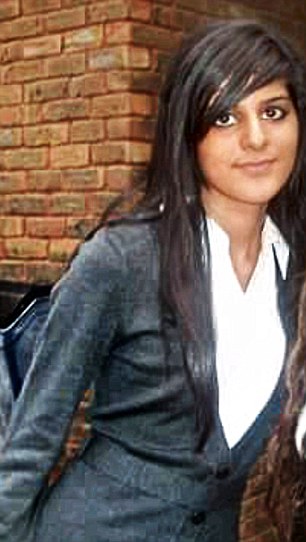U.S. Navy SEAL demoted for posing with dead prisoner but spared jail
Reuters
Published:
July 3, 2019
Updated:
July 3, 2019 10:14 PM EDT
SAN DIEGO — A U.S. Navy SEAL platoon commander acquitted of murdering a captured Islamic State fighter but convicted of unlawfully posing for photos with his dead body was sentenced on Wednesday to a demotion in rank and pay.
The penalty imposed by a seven-member jury of U.S. Marines and Navy personnel spared the defendant, Special Operations Chief Edward Gallagher, from any prison time beyond the nearly seven months he had already served in pretrial custody.
President Donald Trump, who intervened months ago to order Gallagher freed from pretrial detention in the court-martial, hailed the platoon leader’s acquittal in a Twitter post hours before sentencing.
“Congratulations to Navy Seal Eddie Gallagher, his wonderful wife Andrea, and his entire family. You have been through much together. Glad I could help!” Trump wrote.
The jury found Gallagher not guilty on Tuesday of murder, attempted murder and other charges, including deliberately shooting at unarmed civilians and obstruction of justice. But he was found guilty of posing for pictures with a human casualty – a practice some military personnel refer to as taking “trophy photos.”
That offence, stemming from photos he and fellow SEAL members took with the corpse of the Iraqi prisoner whom Gallagher was acquitted of slaying, carries a maximum sentence of four months’ imprisonment.
‘BLACK EYE’
Instead, he will receive a one-step demotion in his rank from chief petty officer to petty officer first class, presumably accompanied by a corresponding reduction in his pay. The sentence also carries a two-month forfeiture of his salary, a sum of nearly $5,400.
Addressing the jury on Wednesday morning before sentence was pronounced, Gallagher accepted “full responsibility” for appearing in the photos in question.
“I put a black eye on the two communities I love the most, the U.S. Marine Corps and the Navy, specifically the SEAL community,” he said.
He went on to acknowledge making “mistakes” throughout his career – “tactical, ethical, moral,” adding, “I’m not perfect but I’ve always bounced back from my mistakes. I’m ready to bounce back from this, and to serve my community.”
The outcome of the court-martial, capped by a three-week trial on various war crimes charges, marked a significant legal victory for Gallagher, 40, who would have faced a possible life sentence had he been found guilty of murder or attempted murder.
Still, the demotion was seen as a harsh rebuke for a career combat veteran and two-time Bronze Star recipient who is nearing retirement after almost two decades in the military.
“We were certainly hoping for a different sentence,” Gallagher’s chief civilian lawyer, Timothy Parlatore, told reporters. “He’s put 20 years, the best years of his life, into the Navy, and this affects what his retirement check is going to be and how he is going to support his family.”
Parlatore suggested defence lawyers would appeal to the Navy command, which still must affirm terms of the sentence before it takes effect.
The situation was muddied further by guidelines stipulating that a sentence calling for confinement, even with credit for time served, could trigger a stiffer administrative demotion, down to the junior enlisted rank of seaman recruit.
Gallagher appeared grim as he and his wife, Andrea, emerged from the courthouse at U.S. Naval Base San Diego and brushed past reporters into a waiting SUV. Responding to shouted questions, he was heard saying only, “The jury came in with a verdict, and I trust them.”
Gallagher, who was arrested last year, was moved in March from a military brig to less restrictive confinement at a Navy base at Trump’s direction in recognition of what the president called the platoon leader’s “past service to our country.”
The court-martial judge later released Gallagher altogether, citing pretrial prosecutor misconduct.
Trump said in May he was considering pardons for a number of U.S. military personnel accused of war crimes, and Gallagher’s case was widely believed to be one of those under review.
Asked about the possibility of pardon now that the court-martial was over, Marc Mukasey, another member of Gallagher’s defence team who is also one of Trump’s personal lawyers, said, “We have not had contact with the White House since the trial began.”
On Tuesday, the jury heard from two doctors who said Gallagher suffered repeated concussions during his combat career, putting him at high risk of brain degeneration and visual impairments that will require ongoing medical attention.
Gallagher, who did not testify in his own defence, insisted his accusers were disgruntled subordinates with no prior battlefield experience and had fabricated allegations against him over grievances with his leadership style and tactics.
The chief petty officer was arrested in 2018, more than a year after returning from his eighth overseas deployment in Mosul, in northern Iraq.
http://torontosun.com/news/world/mi...r-u-s-navy-seal-for-posing-with-dead-prisoner
Reuters
Published:
July 3, 2019
Updated:
July 3, 2019 10:14 PM EDT
SAN DIEGO — A U.S. Navy SEAL platoon commander acquitted of murdering a captured Islamic State fighter but convicted of unlawfully posing for photos with his dead body was sentenced on Wednesday to a demotion in rank and pay.
The penalty imposed by a seven-member jury of U.S. Marines and Navy personnel spared the defendant, Special Operations Chief Edward Gallagher, from any prison time beyond the nearly seven months he had already served in pretrial custody.
President Donald Trump, who intervened months ago to order Gallagher freed from pretrial detention in the court-martial, hailed the platoon leader’s acquittal in a Twitter post hours before sentencing.
“Congratulations to Navy Seal Eddie Gallagher, his wonderful wife Andrea, and his entire family. You have been through much together. Glad I could help!” Trump wrote.
The jury found Gallagher not guilty on Tuesday of murder, attempted murder and other charges, including deliberately shooting at unarmed civilians and obstruction of justice. But he was found guilty of posing for pictures with a human casualty – a practice some military personnel refer to as taking “trophy photos.”
That offence, stemming from photos he and fellow SEAL members took with the corpse of the Iraqi prisoner whom Gallagher was acquitted of slaying, carries a maximum sentence of four months’ imprisonment.
‘BLACK EYE’
Instead, he will receive a one-step demotion in his rank from chief petty officer to petty officer first class, presumably accompanied by a corresponding reduction in his pay. The sentence also carries a two-month forfeiture of his salary, a sum of nearly $5,400.
Addressing the jury on Wednesday morning before sentence was pronounced, Gallagher accepted “full responsibility” for appearing in the photos in question.
“I put a black eye on the two communities I love the most, the U.S. Marine Corps and the Navy, specifically the SEAL community,” he said.
He went on to acknowledge making “mistakes” throughout his career – “tactical, ethical, moral,” adding, “I’m not perfect but I’ve always bounced back from my mistakes. I’m ready to bounce back from this, and to serve my community.”
The outcome of the court-martial, capped by a three-week trial on various war crimes charges, marked a significant legal victory for Gallagher, 40, who would have faced a possible life sentence had he been found guilty of murder or attempted murder.
Still, the demotion was seen as a harsh rebuke for a career combat veteran and two-time Bronze Star recipient who is nearing retirement after almost two decades in the military.
“We were certainly hoping for a different sentence,” Gallagher’s chief civilian lawyer, Timothy Parlatore, told reporters. “He’s put 20 years, the best years of his life, into the Navy, and this affects what his retirement check is going to be and how he is going to support his family.”
Parlatore suggested defence lawyers would appeal to the Navy command, which still must affirm terms of the sentence before it takes effect.
The situation was muddied further by guidelines stipulating that a sentence calling for confinement, even with credit for time served, could trigger a stiffer administrative demotion, down to the junior enlisted rank of seaman recruit.
Gallagher appeared grim as he and his wife, Andrea, emerged from the courthouse at U.S. Naval Base San Diego and brushed past reporters into a waiting SUV. Responding to shouted questions, he was heard saying only, “The jury came in with a verdict, and I trust them.”
Gallagher, who was arrested last year, was moved in March from a military brig to less restrictive confinement at a Navy base at Trump’s direction in recognition of what the president called the platoon leader’s “past service to our country.”
The court-martial judge later released Gallagher altogether, citing pretrial prosecutor misconduct.
Trump said in May he was considering pardons for a number of U.S. military personnel accused of war crimes, and Gallagher’s case was widely believed to be one of those under review.
Asked about the possibility of pardon now that the court-martial was over, Marc Mukasey, another member of Gallagher’s defence team who is also one of Trump’s personal lawyers, said, “We have not had contact with the White House since the trial began.”
On Tuesday, the jury heard from two doctors who said Gallagher suffered repeated concussions during his combat career, putting him at high risk of brain degeneration and visual impairments that will require ongoing medical attention.
Gallagher, who did not testify in his own defence, insisted his accusers were disgruntled subordinates with no prior battlefield experience and had fabricated allegations against him over grievances with his leadership style and tactics.
The chief petty officer was arrested in 2018, more than a year after returning from his eighth overseas deployment in Mosul, in northern Iraq.




